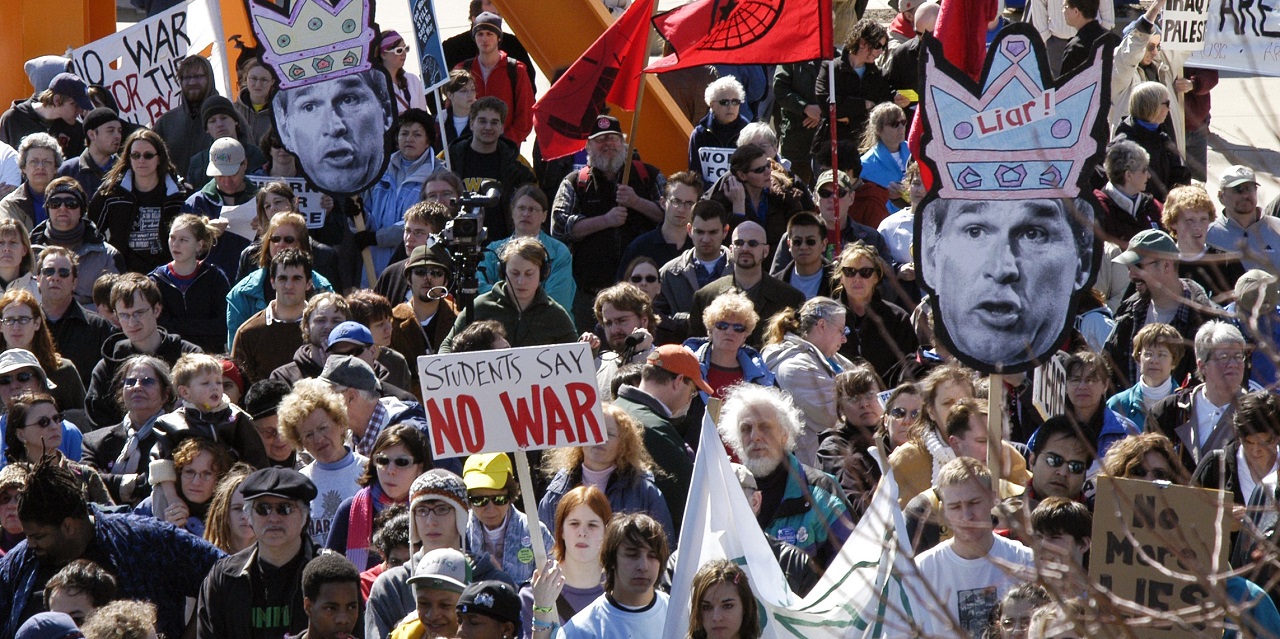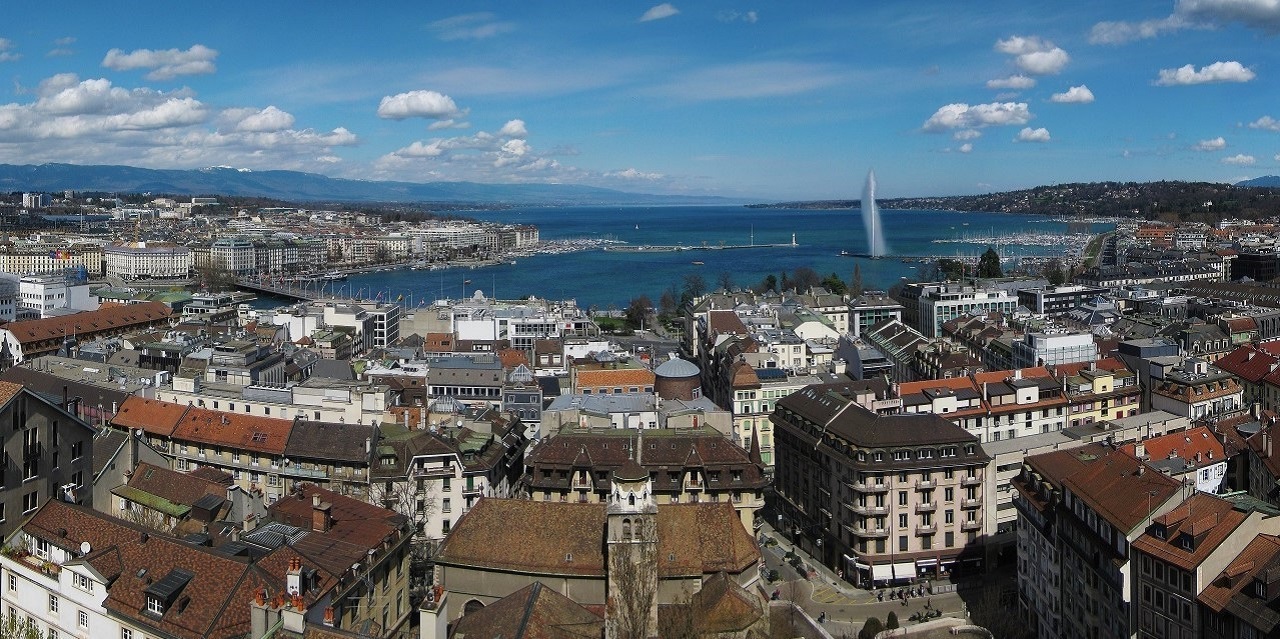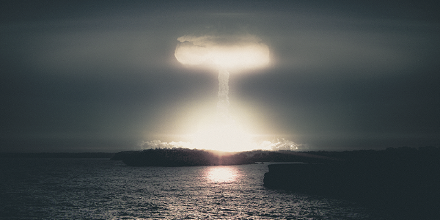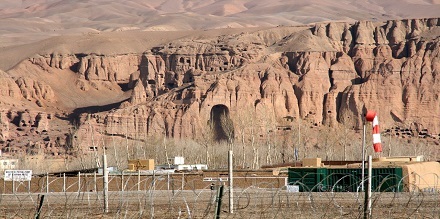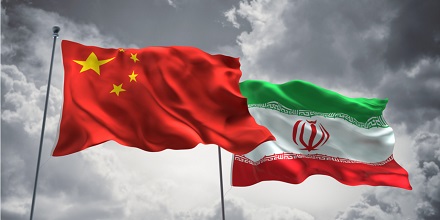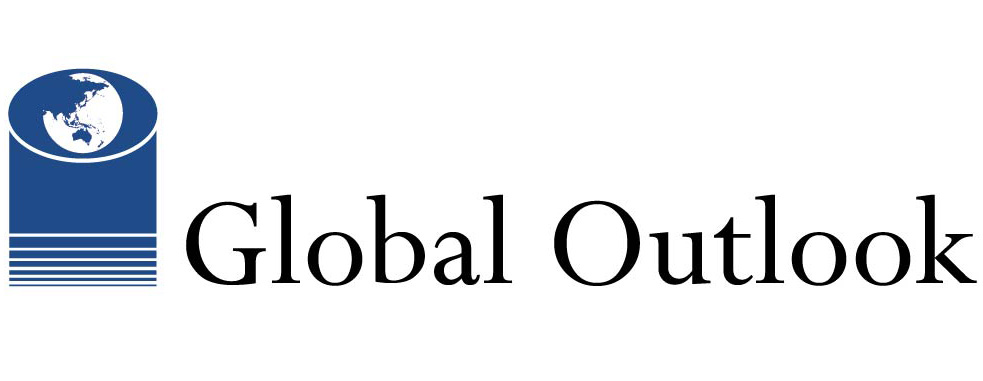
Curated expert opinion on intractable contemporary issues
Global Outlook Articles by Ramesh Thakur
Ramesh Thakur is emeritus professor in the Crawford School of Public Policy, Australian National University; Senior Fellow, Toda Peace Institute; and a member of the Asia-Pacific Leadership Network Board of Directors. He was formerly a United Nations Assistant Secretary-General and Co-Convenor of the APLN.
The Worst Presidential Foreign Policy Blunders Under Clinton, Bush, Obama and Trump
By Ramesh Thakur | 27 October, 2021
A common intellectual parlour game is to rank American presidents in order of greatness. Abraham Lincoln, George Washington, Franklin D. Roosevelt and Theodore Roosevelt have long reigned supreme in the top four slots in C-SPAN’s survey of presidential historians. Switching angles and timeframe, although few question the US decision to exit Afghanistan, few defend how it was done. The calamitous domestic political consequences will be matched by lasting damage to the US’s global reputation and interests. This prompts the question: what were the single worst blunders by recent presidents?
The Path from Nuclear Prohibition to Disarmament
By Ramesh Thakur | 09 August, 2021
On the 71st anniversary of the atomic bombings of Hiroshima and Nagasaki, for the first time, a global treaty is in force outlawing the bomb. Last month, I completed and dispatched to the publisher an edited book on the nuclear ban treaty (or the Treaty on the Prohibition of Nuclear Weapons, as it’s officially called) with contributions from many familiar people in academia, think tanks, foreign ministries and civil society.
Unpredictability and Strategic Stability in Russia–US Relations
By Ramesh Thakur | 21 June, 2021
After the summit talks in Geneva on 17 June, Russian and US presidents Vladimir Putin and Joe Biden held separate and contrasting press conferences. Biden made it clear his staff had given him a prepared list of reporters on whom to call, strongly suggesting questions and answers drafted in advance to minimise gaffes by a president whose thoughts can wander sometimes.
A Nuclear War Must Never Be Fought
By Ramesh Thakur | 31 May, 2021
The risk of nuclear war is real. A ‘no first use’ policy of nuclear weapons would actually bolster US security – and underpin its global leadership role.
Afghanistan: Where Imperial Hubris Goes to Die
By Ramesh Thakur | 01 May, 2021
In 2009, as I gazed at the gaping hillside holes in Bamiyan where once two imposing Buddha statues had stood as silent sentinels for more than 1,500 years, two emotions were dominant. The first was the internalisation of the northern limits of India’s borders in the ebb and flow of history. The second was sadness at the cultural vandalism of religious fanatics, little knowing that 11 years later, the UK and US would themselves be consumed with the destruction of statues honouring historical figures based on a Manichean reinterpretation of the past through the prism of current faddish morality.
China’s Geopolitical Reach Extends to Iran and Could Embrace Afghanistan
By Ramesh Thakur | 20 April, 2021
After an attack on its main nuclear facility in Natanz on 11 April, very likely by Israel, President Hasan Rouhani said that Iran will begin enriching uranium to 60 per cent. From a technical point of view, that would put Iran within a short sprint to full-fledged weapon-grade (90 per cent) of uranium enrichment.
The views and opinions expressed in Global Outlook are those of the authors and do not necessarily reflect the official policy or position of Toda Peace Institute.
